'Butcher Of Bosnia' Mladic's Life Sentence Upheld
UN judges on Tuesday upheld the genocide life sentence of former Bosnian Serb military chief Ratko Mladic over the 1995 Srebrenica massacre, in the final verdict on Europe's worst act of bloodshed since World War II.
US President Joe Biden hailed the "historic" confirmation that the man dubbed the "Butcher of Bosnia" will spend the rest of his life in jail for the atrocities he oversaw during the 1992-95 Bosnian war.
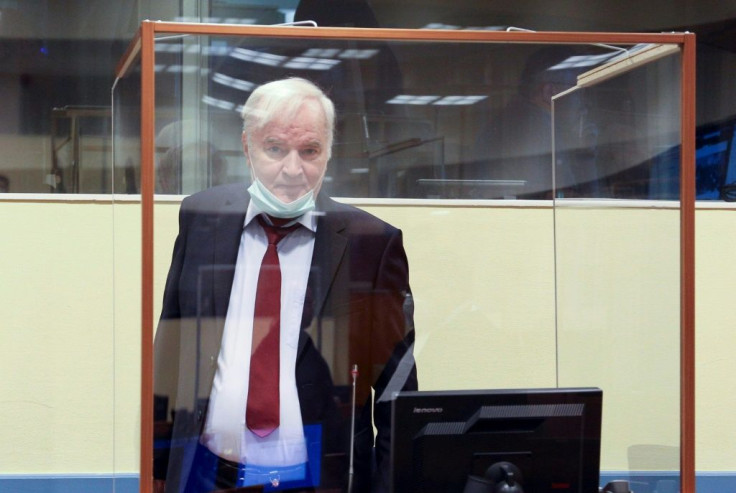
The grey-haired Mladic, in his late 70s, briefly closed his eyes and shook his head as the Hague tribunal rejected his appeal against his 2017 conviction and sentence for genocide, war crimes and crimes against humanity.
The worst of those was Srebrenica, where Serb forces under Mladic's command executed 8,000 Bosnian Muslim men and boys who had sought shelter in what was meant to be a UN protected enclave.
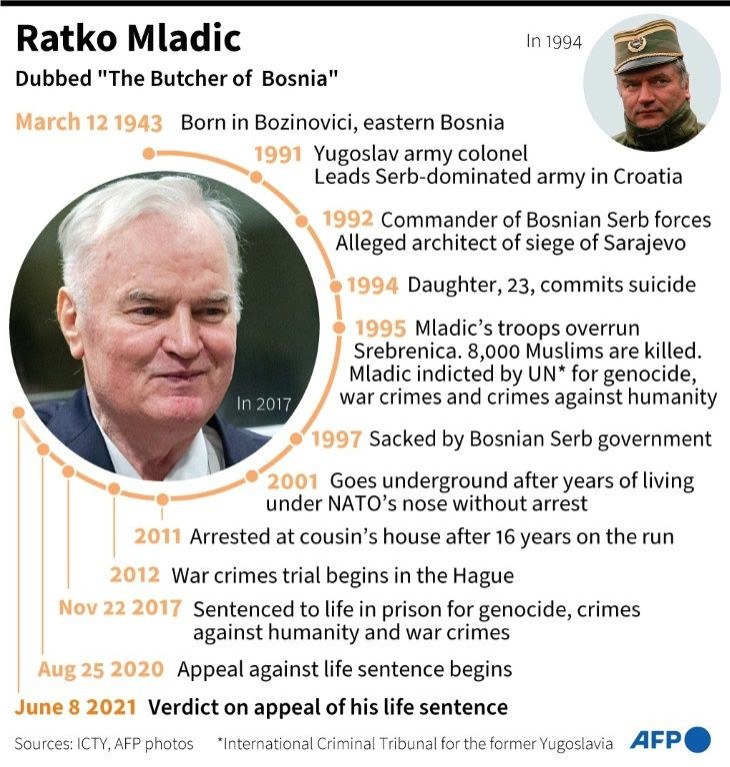
But there was no repeat of Mladic's previous courtroom outbursts as judge Prisca Nyambe announced that the court dismissed his appeal "in its entirety" and "affirms the sentence of life imprisonment".
Unusually, judge Nyambe dissented to the findings of the majority of the other four judges.
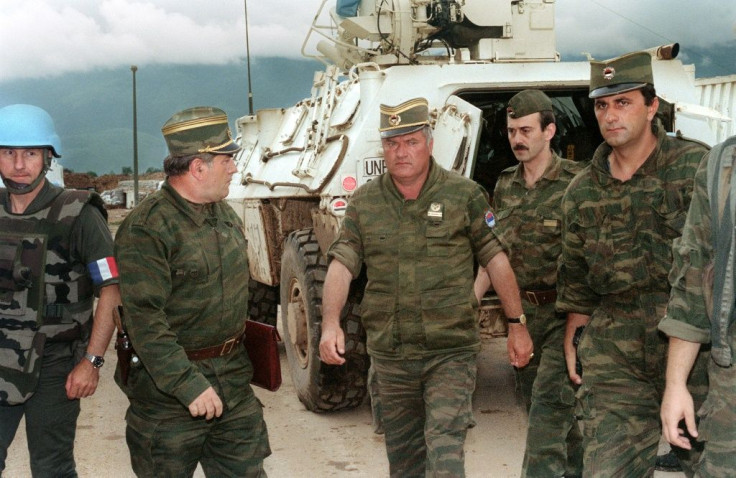
The tribunal's prosecutor Serge Brammertz said that the "time has come to accept the truth", calling on Mladic's supporters to stop denying his role in the carnage.
"Mladic ranks among the most notorious war criminals in modern history," Brammertz said.
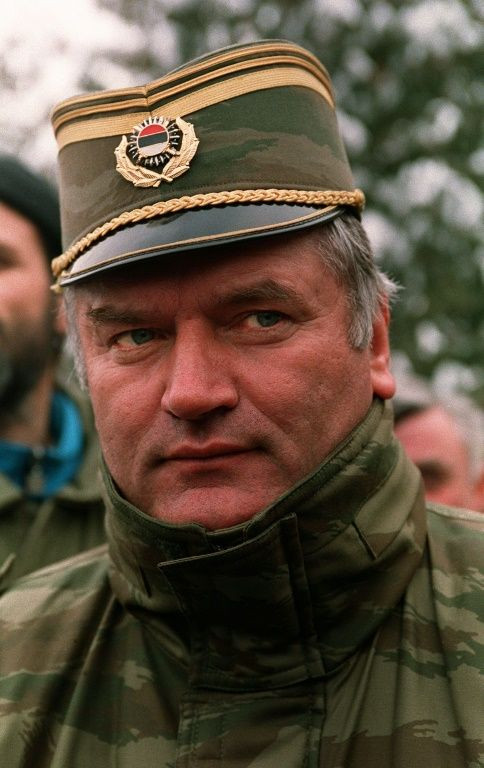
Mladic, who gives his age as 78 but it is 79 according to the court, is currently being held in the Netherlands but will serve the rest of his sentence in a yet-to-be-decided country.
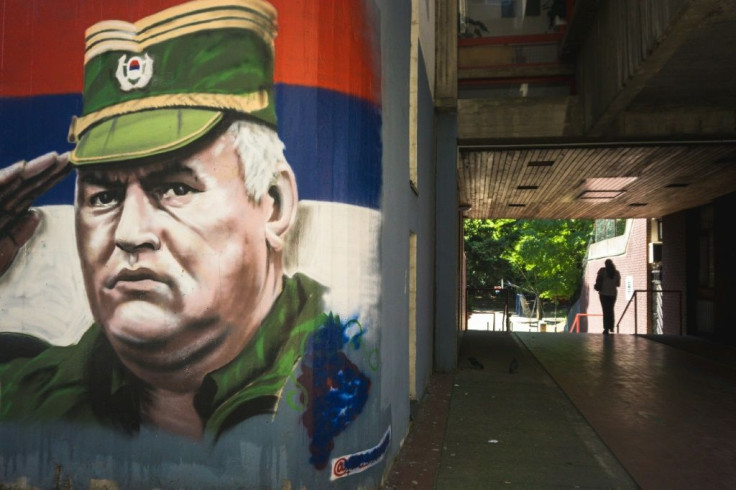
Relatives of some of the Srebrenica victims were outside court to welcome the verdict on Mladic, who spent more than a decade on the run before his capture in 2011.
"Today is a historic day, not only for us mothers, but also for the whole Balkans, Europe and the world," said Munira Subasic, president of one of the "Mothers of Srebrenica, who lost her husband Hilmo as well as her son Nermin, aged just 16.
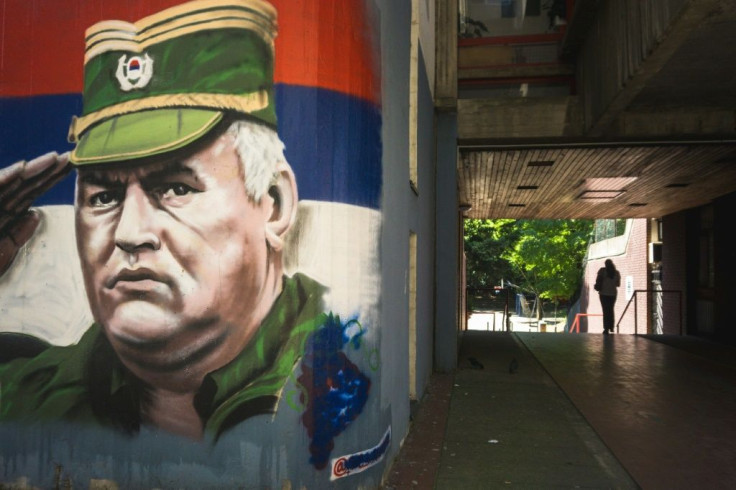
She added however that she had "mixed feelings" after the court upheld Mladic's acquittal on wider genocide charges over the whole Bosnian war.
Mladic's son Darko dismissed the verdict.
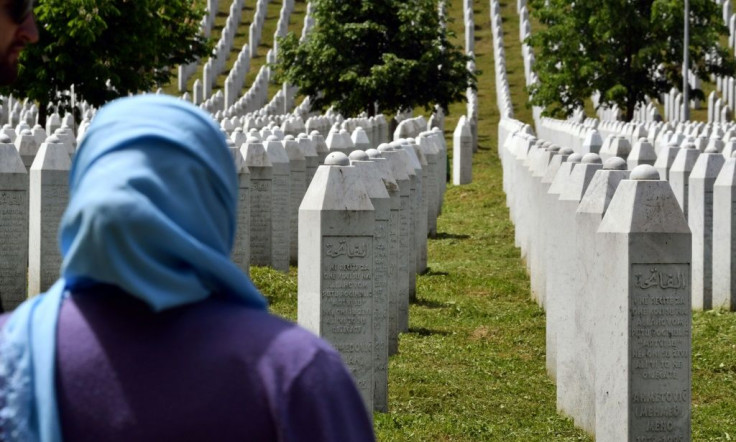
"The flying circus ended in the same way it started ... the General did not stand a chance in either the beginning or the end of the process," Darko told a local broadcaster.
Mladic was the military face of a brutal trio led on the political side by ex-Yugoslav president Slobodan Milosevic and former Bosnian Serb leader Radovan Karadzic as the former Yugoslavia descended into carnage after the fall of communism.
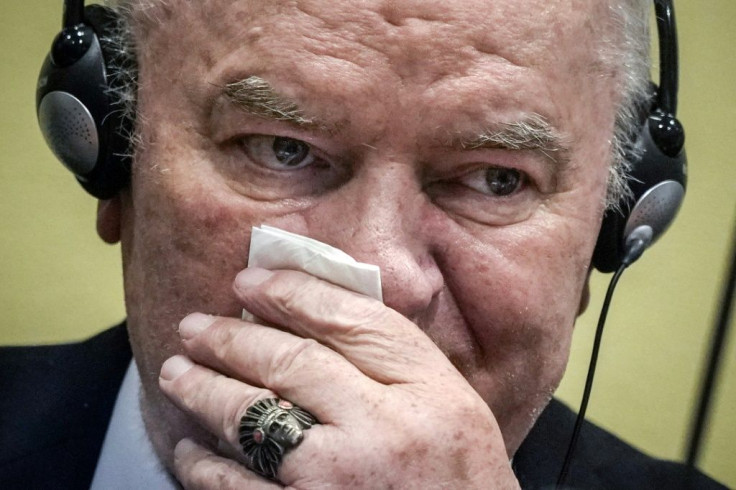
Karadzic is currently serving a life sentence while Milosevic died in The Hague in 2006.
At the genocide memorial near Srebrenica, a giant screen broadcast witness testimony ahead of the verdict, near the lines of white headstones where the bodies of some 6,600 identified victims were laid to rest.
"Instead of rejoicing with grandchildren, I have come to cry here," said Munevera Kabeljic, 69, resting on the graves of her husband and her sons aged 17 and 20.
The verdict was hailed as a victory for international justice in an age of increasing impunity.
"This historic judgment shows that those who commit horrific crimes will be held accountable," Biden said in a statement. "It also reinforces our shared resolve to prevent future atrocities from occurring anywhere in the world."
UN rights chief Michelle Bachelet said the ruling "highlights the determination of the international justice system to ensure accountability no matter how long it may take -- in Mladic's case, nearly three decades after he committed his appalling crimes."
The ruling was also welcomed across Europe, which watched in ineffectual horror as the Balkans wars raged on its doorstep in the 1990s.
EU chief Charles Michel said the Mladic verdict "will help us all put the painful past behind us and to put the future first" while German Foreign Minister Heiko Mass said he was relieved that "justice triumphed".
Following his capture a decade ago, Mladic was put on trial and finally found guilty in 2017 of genocide for personally overseeing the 1995 Srebrenica massacre.
Footage from the time showed him handing out sweets to children before they and the women of Srebrenica were taken away by bus, while the men of the town were marched into a forest and executed.
Mladic was also found guilty of orchestrating a wider campaign of "ethnic cleansing" to drive Muslims and Bosnians out of key areas to create a Greater Serbia.
The war left around 100,000 people dead and 2.2 million displaced.
Mladic insisted throughout the trial and appeal process that he was not guilty of genocide or war crimes.
In one of a series of tirades to the court, he painted himself last August as a "target of the NATO alliance" and derided the court as a "child of western powers".
His lawyers argued he was far from the scene at the time of the killings in Srebrenica and that he could not be held responsible for the crimes of his subordinates.
© Copyright AFP {{Year}}. All rights reserved.




















